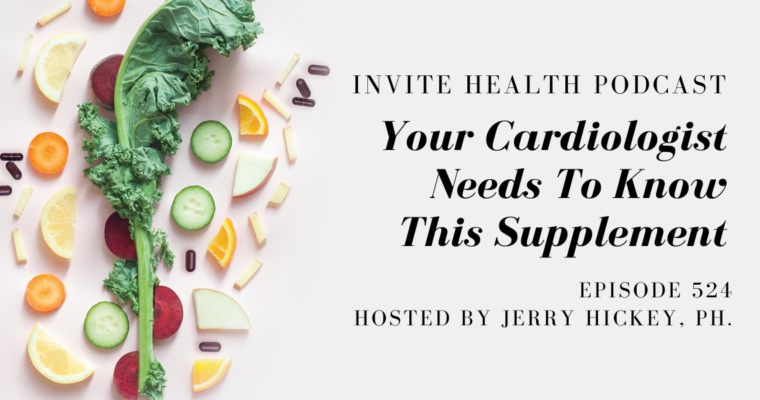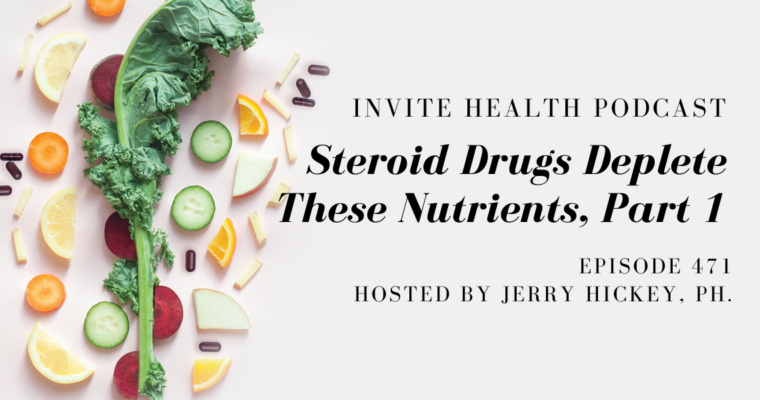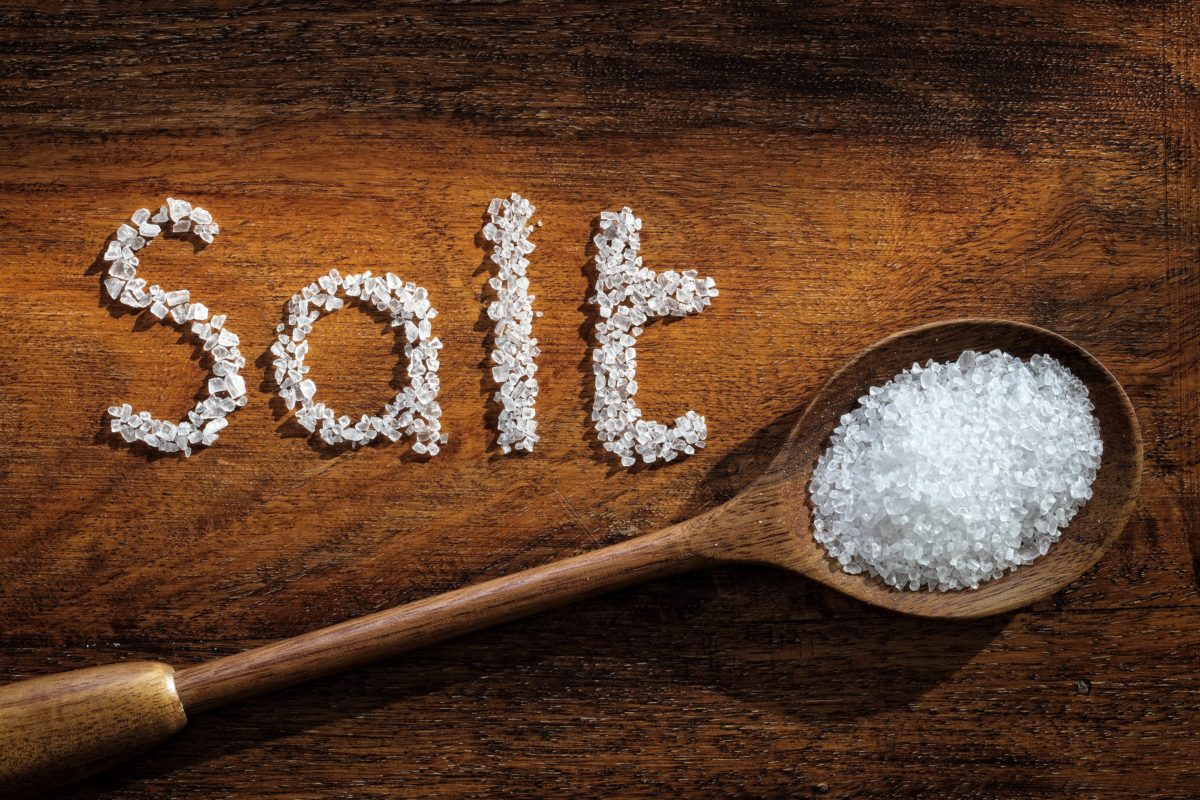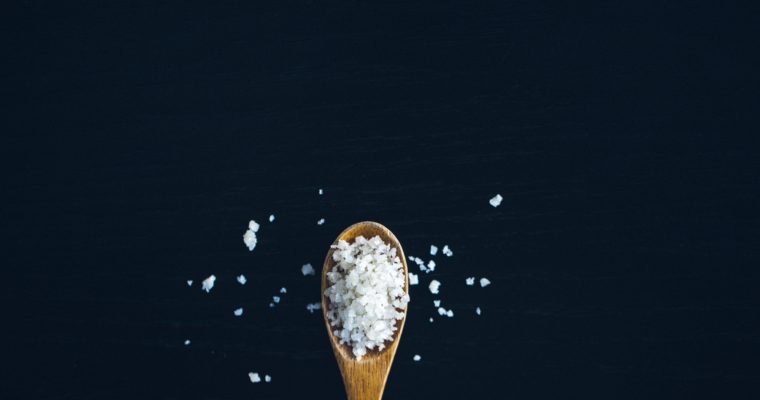? by NaturalON
High blood pressure, or hypertension, occurs when the force of blood that pushes against the artery walls become too high, causing damage to the heart and blood vessels and increasing your risk of stroke and heart disease. There are many factors that can cause hypertension, including inactivity, obesity, a diet high in processed and fatty foods, and alcohol and tobacco use. But the one major factor in hypertension is excess sodium intake – salt.
Study Details
A new study reports that consuming a diet high in fruits and vegetables does not offset increasing blood pressure against consuming too much salt. These findings were published in the journal Hypertension by the Feinberg School of Medicine at Northwestern University in Chicago, IL. Over a four-day period, two urine samples were taken from each subject per day to test for levels of sodium and potassium. Participants were asked to recall their food and drink intake over the past 24 hours in order to calculate the intake of nutrients, including fats, proteins and vitamins. The participant’s blood was also measured twice per day over the study period.
The results of the study reveal that participants who had a high amount of sodium in their diet were more likely to have hypertension than those with low dietary sodium, regardless of their intake of fruits and vegetables. Based on these results, researchers conclude that eating high amounts of fruits, vegetables, and whole grains will not offset the negative effects of too much salt.
The team notes that 75% of salt intake in the U.S. comes from restaurant food or prepackaged/processed food.
Hypertension Facts
According to the CDC, an estimated 75 million people in the US (32% of the country) have high blood pressure. But recently revised guidelines from the American Heart Association and the American College of Cardiology state that almost half of U.S. adults can now be classified as hypertensive. Their classifications of high blood pressure is of a person with systolic blood pressure (the top number that measures the blood pressure when the heart beats) is 130 mmHg and their diastolic blood pressure (the bottom number that measures blood pressure) is 80 mmHg or higher.
Salt Recommendations
The Dietary Guidelines for Americans, between 2015-2020, recommend that we limit our intake of sodium to about one teaspoon each day. But reports say most American adults consume almost double that amount daily.
What you can do
Luckily, there are safe and effective natural remedies to help support healthy blood pressure levels, according to Nicole Crane, BS, NTP, former Director of Nutrition for InVite Health.
Potassium is an essential mineral and electrolyte that a number of body mechanisms are dependent on for normal function. Potassium and sodium are partners in governing the electrical activity of our bodies at the cellular level. Having a tight regulation of potassium concentrations both inside and outside of cells is essential for life. Potassium is essential for supporting healthy insulin sensitivity and blood sugar balance, reducing oxidative damage and inflammation, all which support normal blood pressure.
Magnesium really shines when it comes to heart health and supporting normal blood pressure. Every time the heart beats, calcium is what causes the heart to constrict, but it is magnesium that allows the heart to relax again and fully fill back up with blood. If the heart muscle does not get to relax in between beats, it can have a negative effect on heart rhythm, blood pressure and overall heart muscle function.
Garlic is an herb, a healthy vegetable, and a potent superfood that has been used traditionally for its vast benefits for centuries. This herb has been used to support a healthy immune system, heart function, blood pressure and cholesterol levels. Aged garlic in supplement form offers the most benefits in terms of allicin bioavailability and absorption, plus has the added benefit of being odorless. Garlic supports blood pressure by stimulating nitric oxide and hydrogen sulfide.
Hawthorn Berry is one of the most impressive tonic available today. Hawthorn berry strengthens the heart muscle and helps it function better when the heart muscle is failing. By helping to support the integrity and structure of blood vessels, hawthorn nourished the whole cardiovascular system. This heart healthy herb is a powerful antioxidant and helps to clear atherosclerotic plaque from the arteries, which can be of major benefit in improving blood pressure.
Taurine is an amino acid (building block of protein) that is known for its vascular protective effect and its overall benefit to the heart. Taurine acts as a neurotransmitter (nerve communicator) and a regulator for the heart and circulatory system, as it helps to bring essential minerals into the heart which supports healthy blood thickness and circulation.




